Metadescripción: Elegir un fabricante de cerámica técnica es una decisión crucial. Esta guía abarca cinco factores esenciales: experiencia en materiales, capacidad de fabricación, control de calidad, apoyo en I+D y cumplimiento normativo global, para ayudarle a seleccionar al socio adecuado para aplicaciones de alto rendimiento.
Contenido del artículo
En el exigente mundo de la ingeniería avanzada, la cerámica técnica (también conocida como cerámica avanzada, de ingeniería o de precisión) es el material predilecto para entornos extremos. Desde el procesamiento de semiconductores y los implantes médicos hasta las aplicaciones aeroespaciales y automotrices, los componentes fabricados con materiales como alúmina, zirconio y nitruro de silicio ofrecen una dureza, resistencia al desgaste, estabilidad térmica e inercia química inigualables.
Sin embargo, el rendimiento de un componente cerámico personalizado está intrínsecamente ligado a la experiencia del fabricante de cerámica técnica que elija. Un socio inadecuado puede provocar el fracaso del proyecto, retrasos costosos y comprometer la integridad del producto. Entonces, ¿cómo identificar a un proveedor verdaderamente competente entre tantos?

Esta guía describe los cinco factores críticos a evaluar al momento de seleccionar un socio para sus necesidades de fabricación de cerámica avanzada .
1. Ciencia y experiencia profunda en materiales
Un fabricante de primer nivel es más que un fabricante; es un centro de conocimiento en ciencia de materiales. Los mejores proveedores poseen un profundo conocimiento de una amplia gama de materiales cerámicos y sus aplicaciones óptimas:
-
Alúmina (Al₂O₃): El caballo de batalla de la industria, que ofrece un excelente aislamiento eléctrico, buena resistencia al desgaste y rentabilidad.
-
Zirconia (ZrO₂): reconocida por su excepcional tenacidad y resistencia a las fracturas, a menudo se utiliza en implantes médicos y herramientas de corte.
-
Nitruro de aluminio (AlN): la mejor opción por su conductividad térmica superior, ideal para sustratos electrónicos y disipadores de calor.
-
Carburo de silicio (SiC): se destaca en aplicaciones térmicas y mecánicas extremas, ofreciendo alta dureza y resistencia a la corrosión para usos como piezas de desgaste y sellos.
-
Nitruro de silicio (Si₃N₄): combina alta resistencia, tenacidad y resistencia al choque térmico, lo que lo hace perfecto para cojinetes de cerámica y rotores de turbocompresores.
Un proveedor líder de cerámicas especializadas colaborará con usted para seleccionar o incluso formular el material perfecto para sus requisitos de rendimiento específicos.
2. Capacidades avanzadas de fabricación y mecanizado de precisión
El proceso desde el polvo cerámico hasta la pieza terminada de alta tolerancia define la capacidad de un fabricante. Busque un socio con un conjunto diverso de procesos:
-
Técnicas de conformado: asegúrese de que ofrezcan el método adecuado para la geometría de su pieza, ya sea prensado en seco, prensado isostático (CIP), moldeo por inyección (CIM) o fundición en cinta .
-
Experiencia en sinterización: El proceso de cocción es crucial. Nuestras instalaciones de vanguardia incluyen hornos de alta temperatura, hornos de atmósfera controlada y prensado isostático en caliente (HIP) para lograr la máxima densidad y propiedades.
-
Rectificado y mecanizado de precisión: La cerámica sinterizada es increíblemente dura. El fabricante debe contar con instalaciones internas de rectificado , lapeado y pulido con diamante para lograr tolerancias micrométricas y acabados superficiales específicos.
Pregunte por su equipo y experiencia con piezas similares a las suyas.
3. Control de calidad y certificaciones rigurosos
La consistencia es innegociable en la cerámica técnica. Un sistema de gestión de calidad sólido es la base de un fabricante fiable.
-
Control de procesos: Deben emplear el Control Estadístico de Procesos (CEP) para monitorear meticulosamente las variables de producción.
-
Metrología y pruebas: Busque un conjunto completo de equipos de inspección: CMM , escáneres láser, inspección por rayos X , pruebas ultrasónicas y laboratorios metalográficos para verificar dimensiones, densidad, propiedades mecánicas y microestructura.
-
Trazabilidad completa: la trazabilidad completa del lote, desde la materia prima hasta la pieza terminada, es esencial, especialmente para industrias reguladas como la médica y la aeroespacial.
-
Certificaciones: Priorizar a los fabricantes certificados según ISO 9001, ISO 13485 (dispositivos médicos) y AS9100 (aeroespacial) .


4. Apoyo a la I+D y al diseño para la fabricación (DFM)
Los mejores fabricantes actúan como verdaderos socios de ingeniería desde la etapa inicial del diseño. Proporcionan información invaluable sobre Diseño para la Fabricabilidad (DFM) para optimizar su pieza para la producción.
Esto incluye asesoramiento sobre geometrías, tolerancias y radios para mejorar la resistencia, optimizar el rendimiento y reducir costos. Un sólido equipo interno de I+D es sinónimo de un proveedor capaz de innovar y resolver desafíos técnicos complejos.
5. Cadena de suministro global y cumplimiento normativo
Si sus productos se destinan a mercados internacionales, su fabricante debe ser un socio global con experiencia. Debe tener un sólido conocimiento de normativas como REACH y RoHS , y contar con una cadena de suministro robusta para garantizar la disponibilidad de materiales y la estabilidad de la producción. Una comunicación clara y sistemas de gestión de proyectos son vitales para una colaboración fluida.
Conclusión: Elija un socio, no solo un proveedor
Seleccionar un fabricante de cerámica técnica es una decisión estratégica que influye en la calidad, la fiabilidad y el plazo de comercialización de su producto. Al evaluar exhaustivamente a los socios potenciales en función de estos cinco factores, irá más allá de una simple comparación de precios y encontrará un aliado de ingeniería valioso y a largo plazo.
¿Está listo para asociarse con un líder en soluciones cerámicas avanzadas?
En [Nombre de su empresa] , encarnamos estos principios. Como fabricante de cerámica técnica de confianza , combinamos una profunda experiencia en materiales con una fabricación de vanguardia y un riguroso control de calidad para ofrecer componentes que cumplen con sus especificaciones más exigentes.
Contacte hoy mismo con nuestro equipo de ingeniería para solicitar una consulta y un presupuesto. Permítanos ayudarle a innovar con confianza.
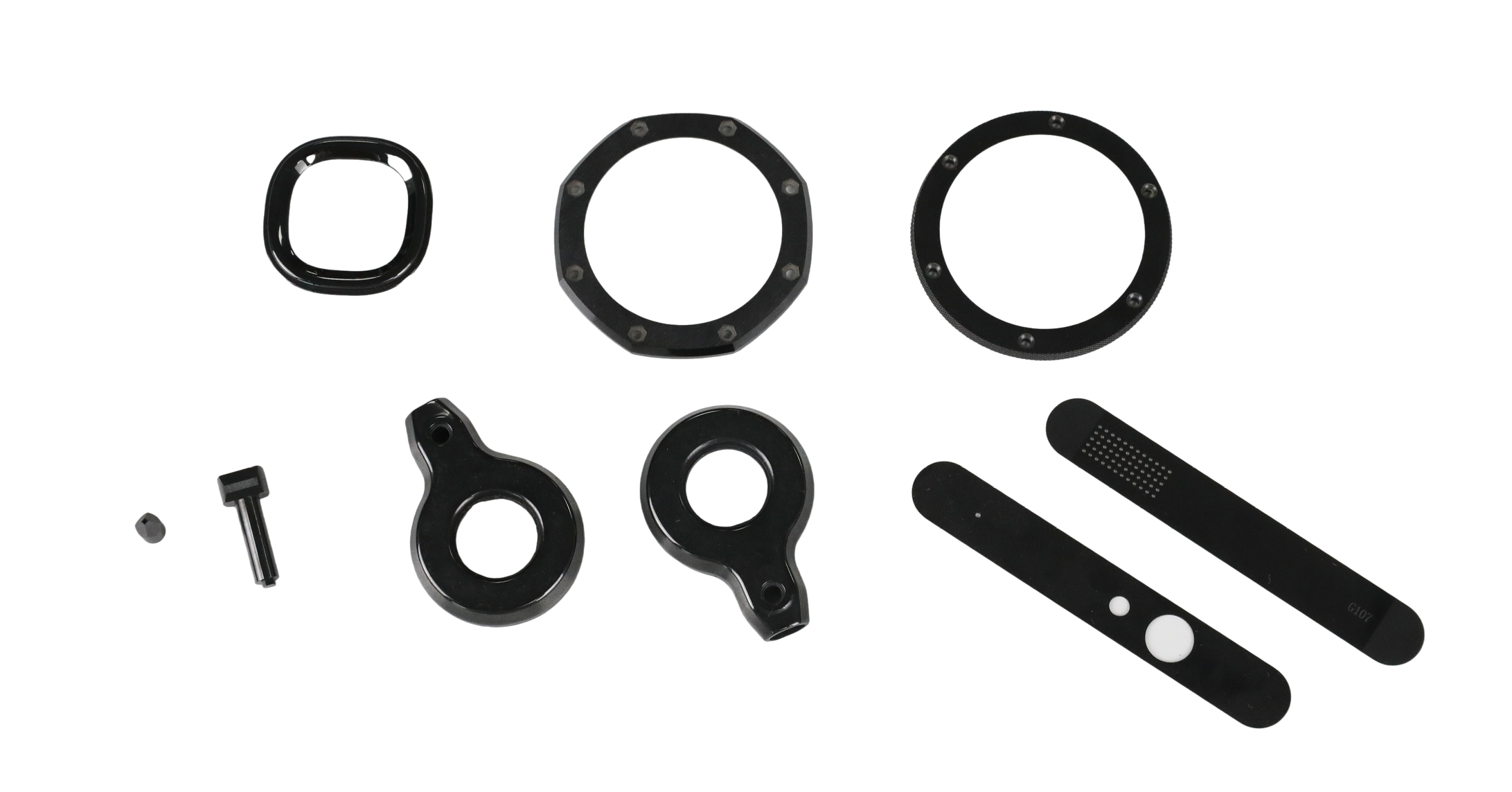
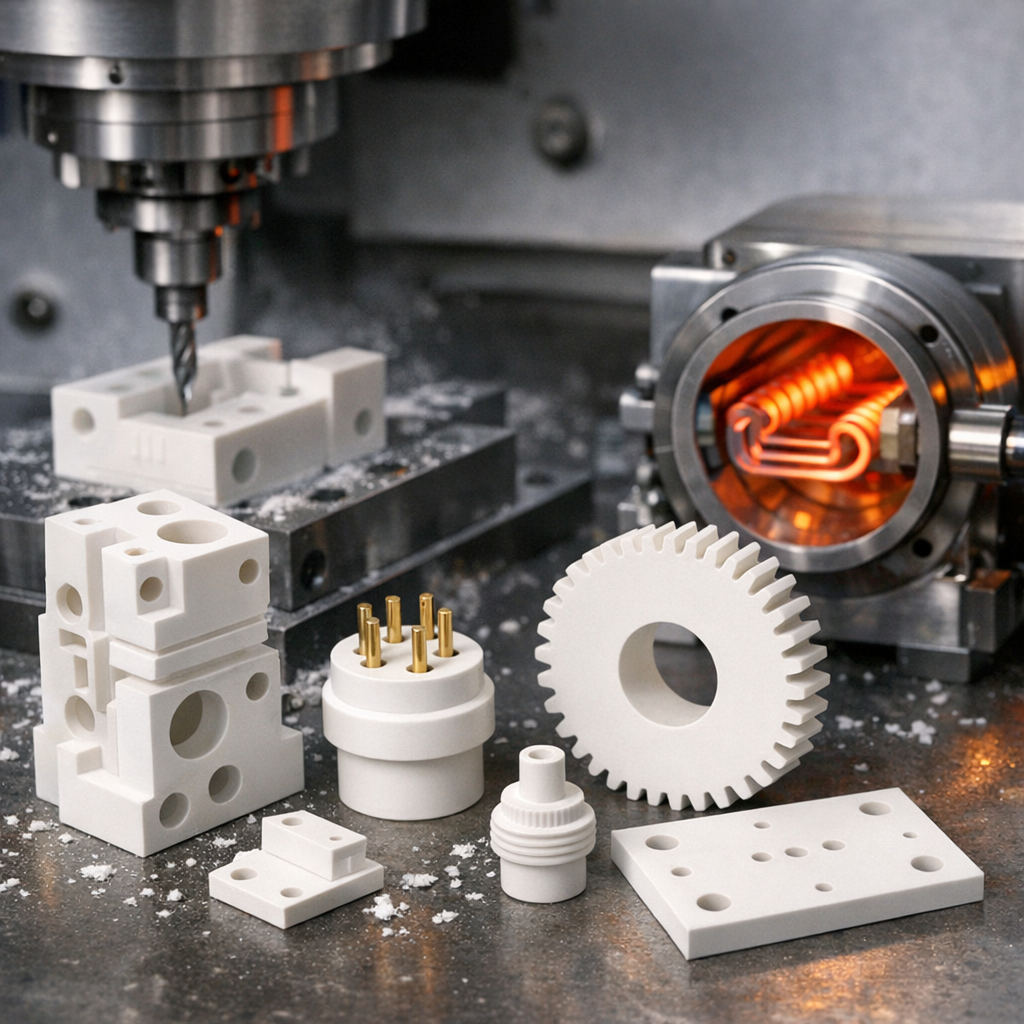
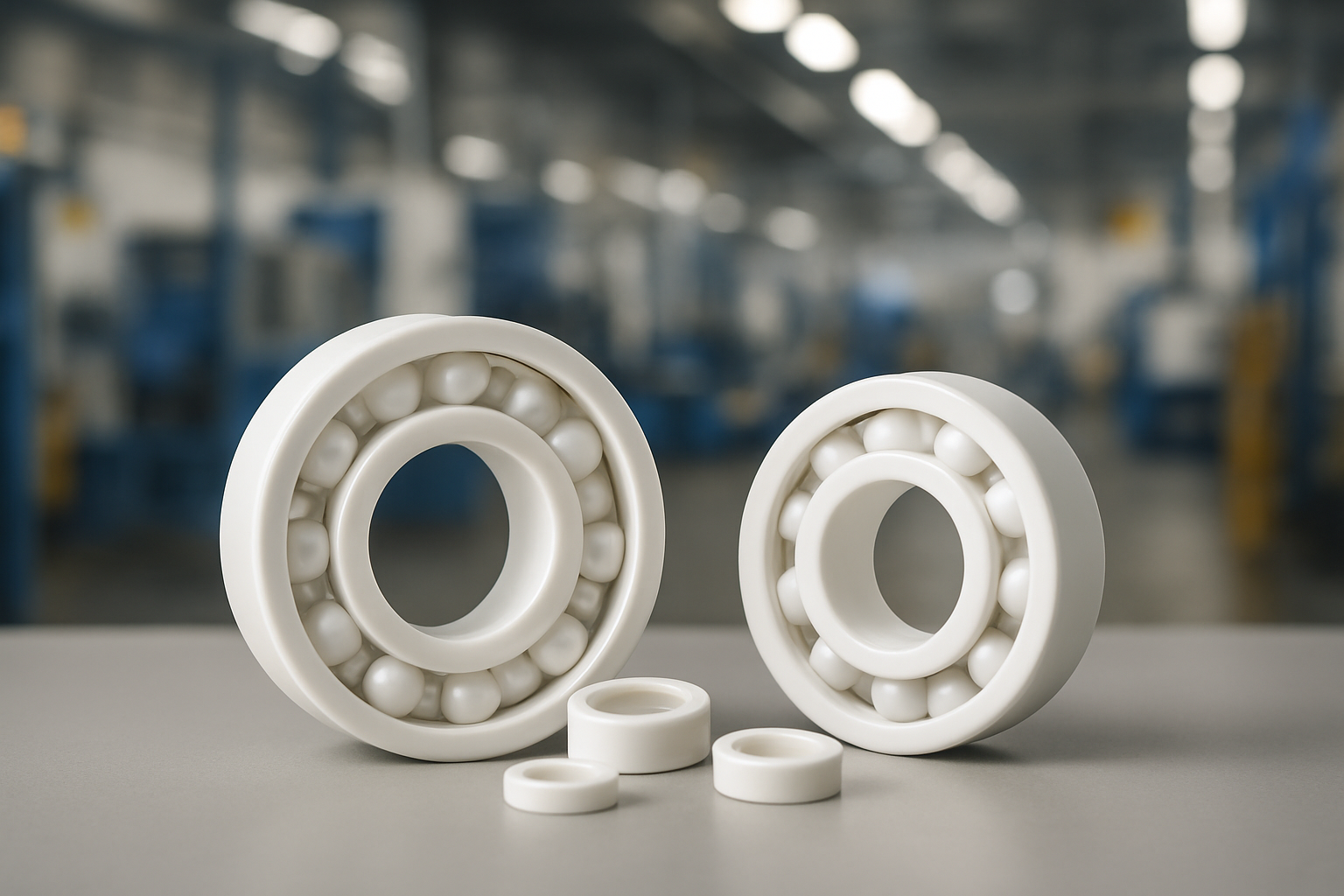
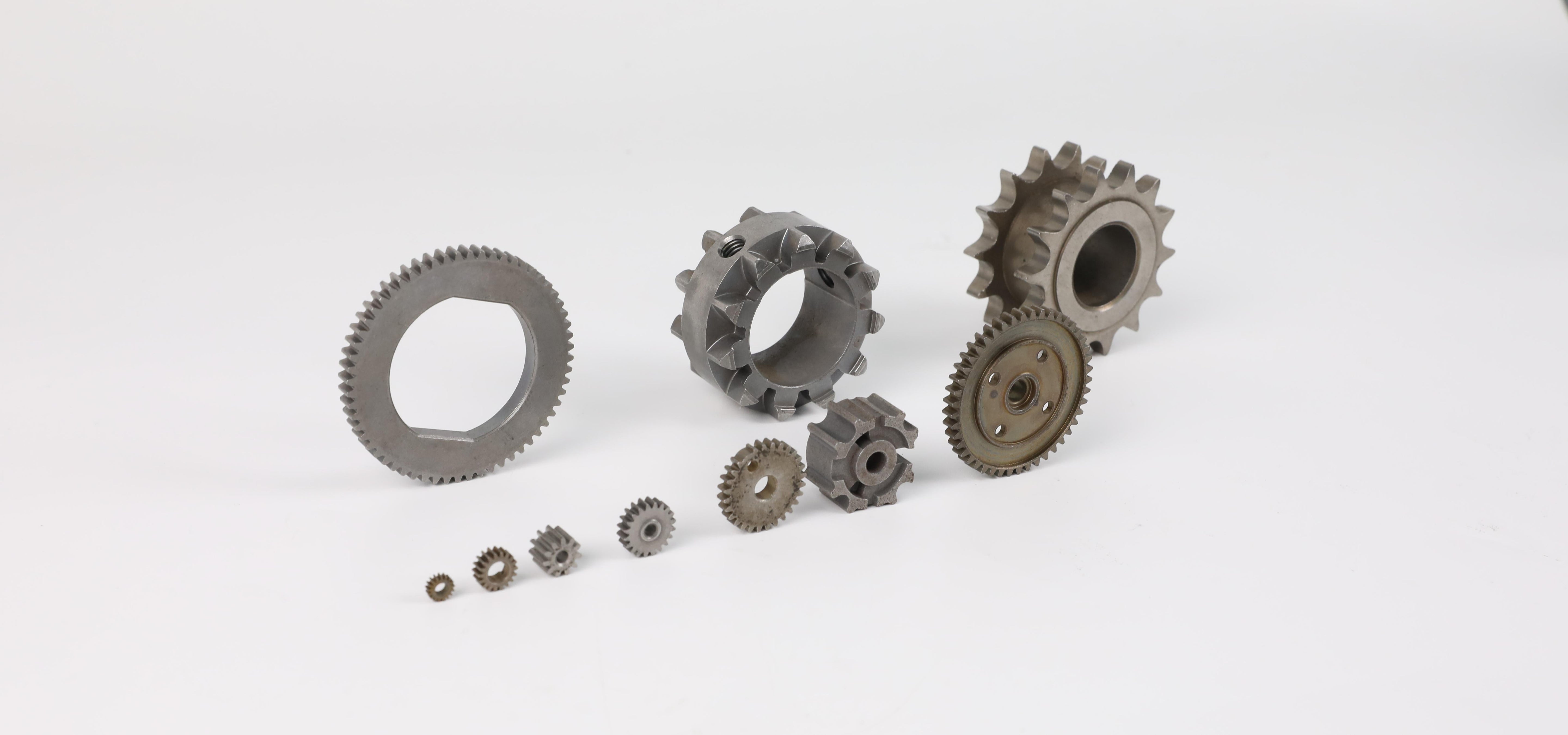


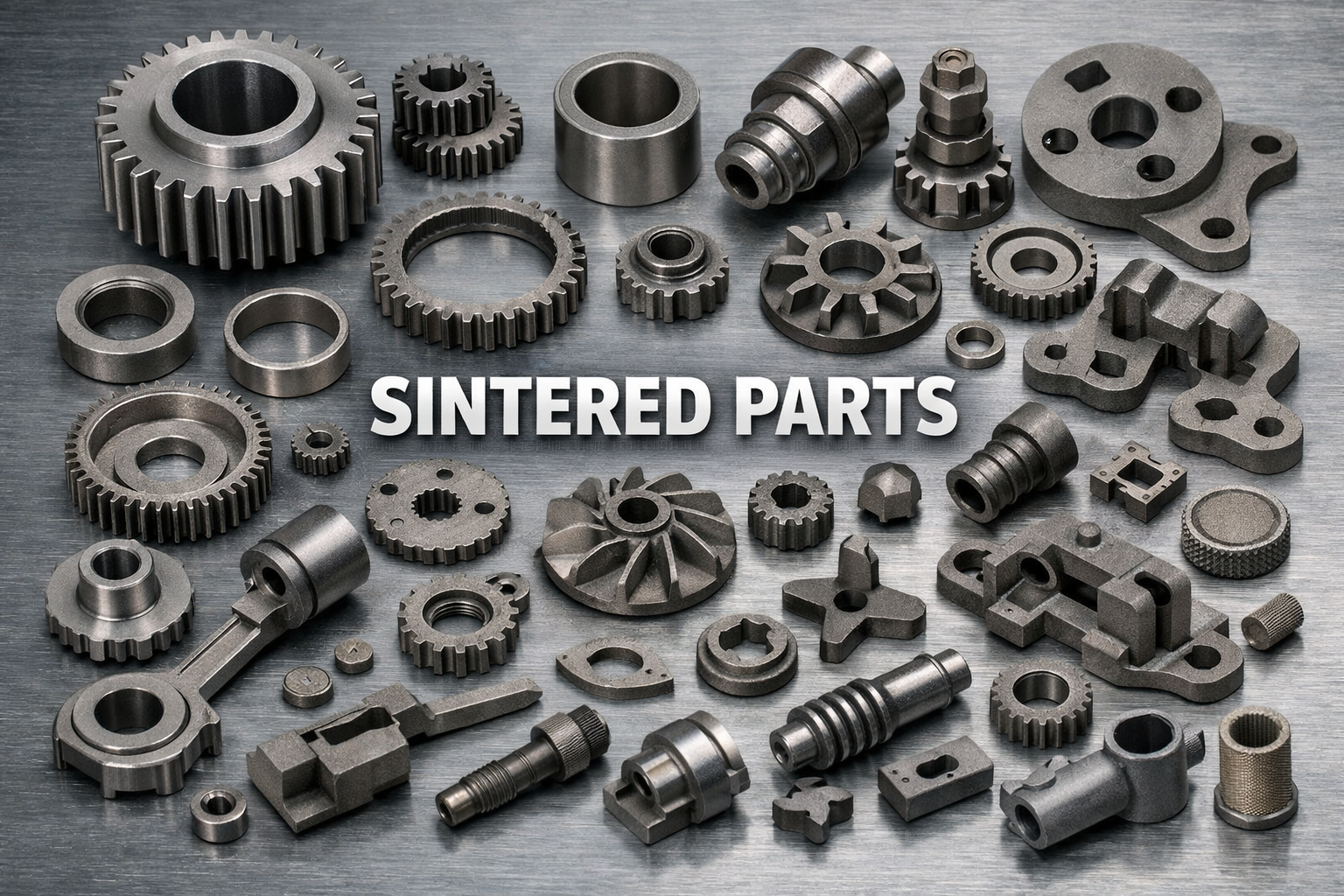
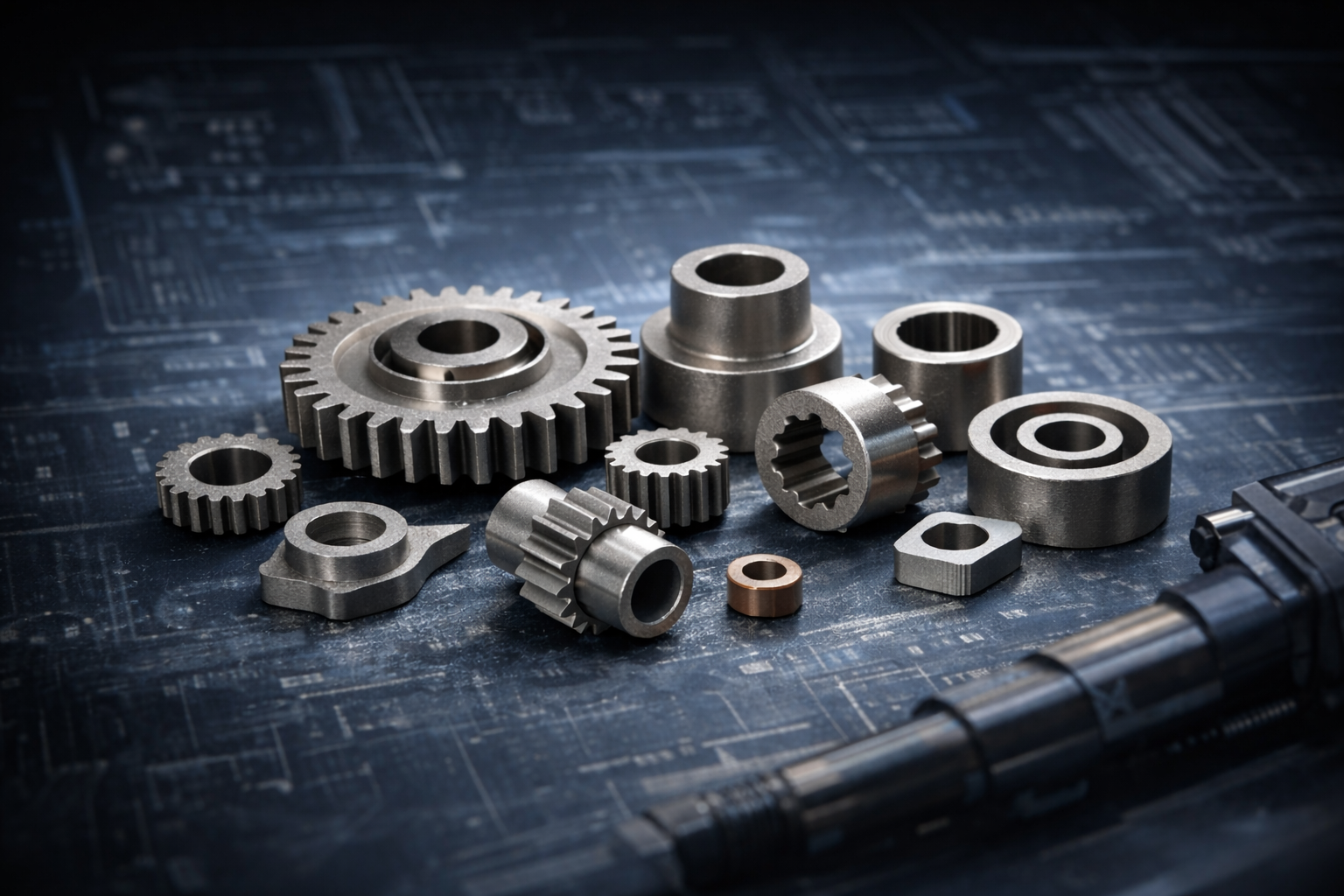
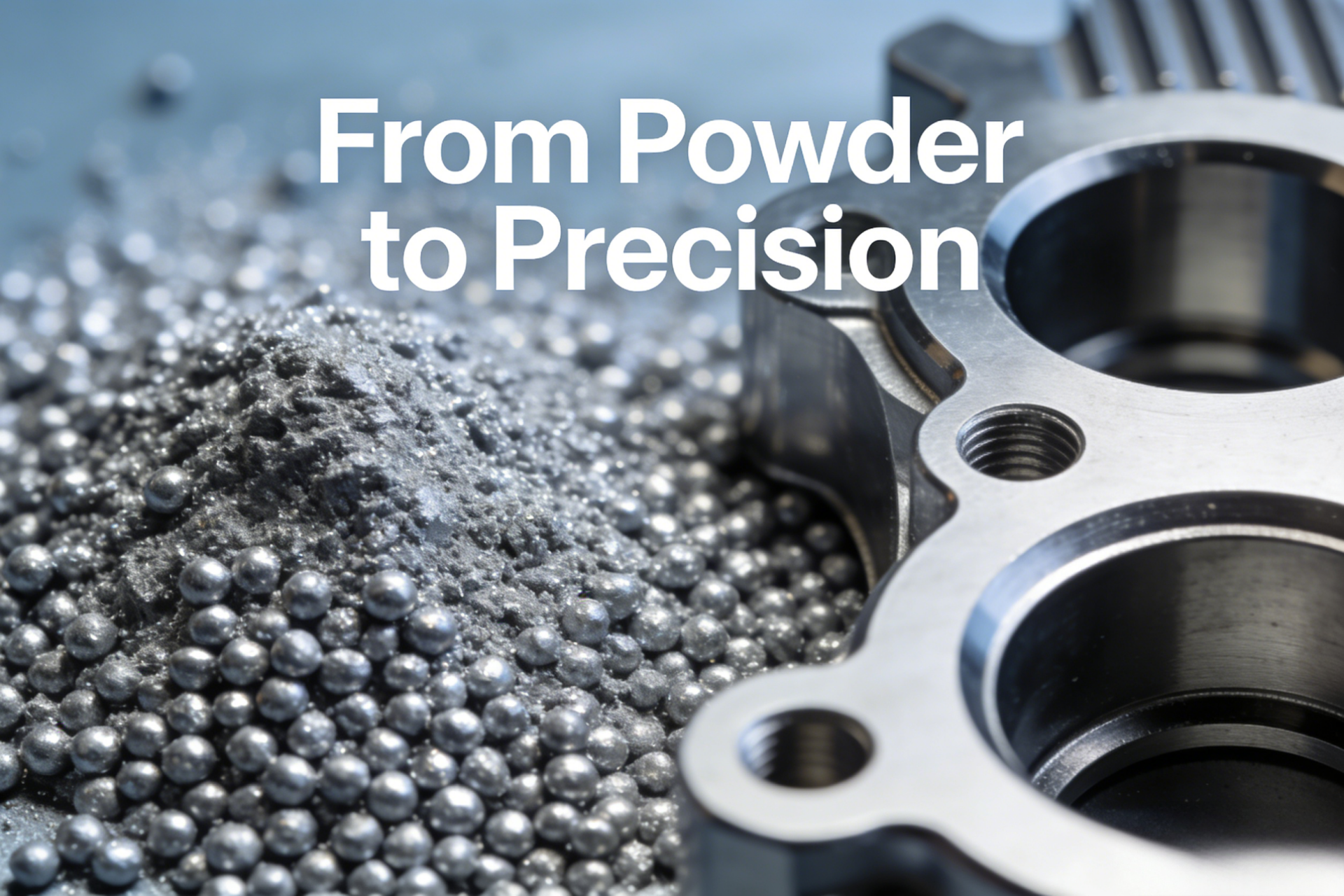

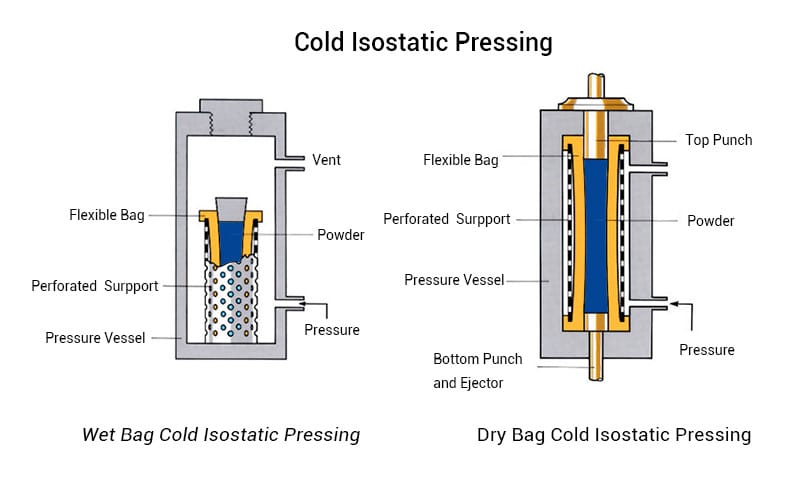
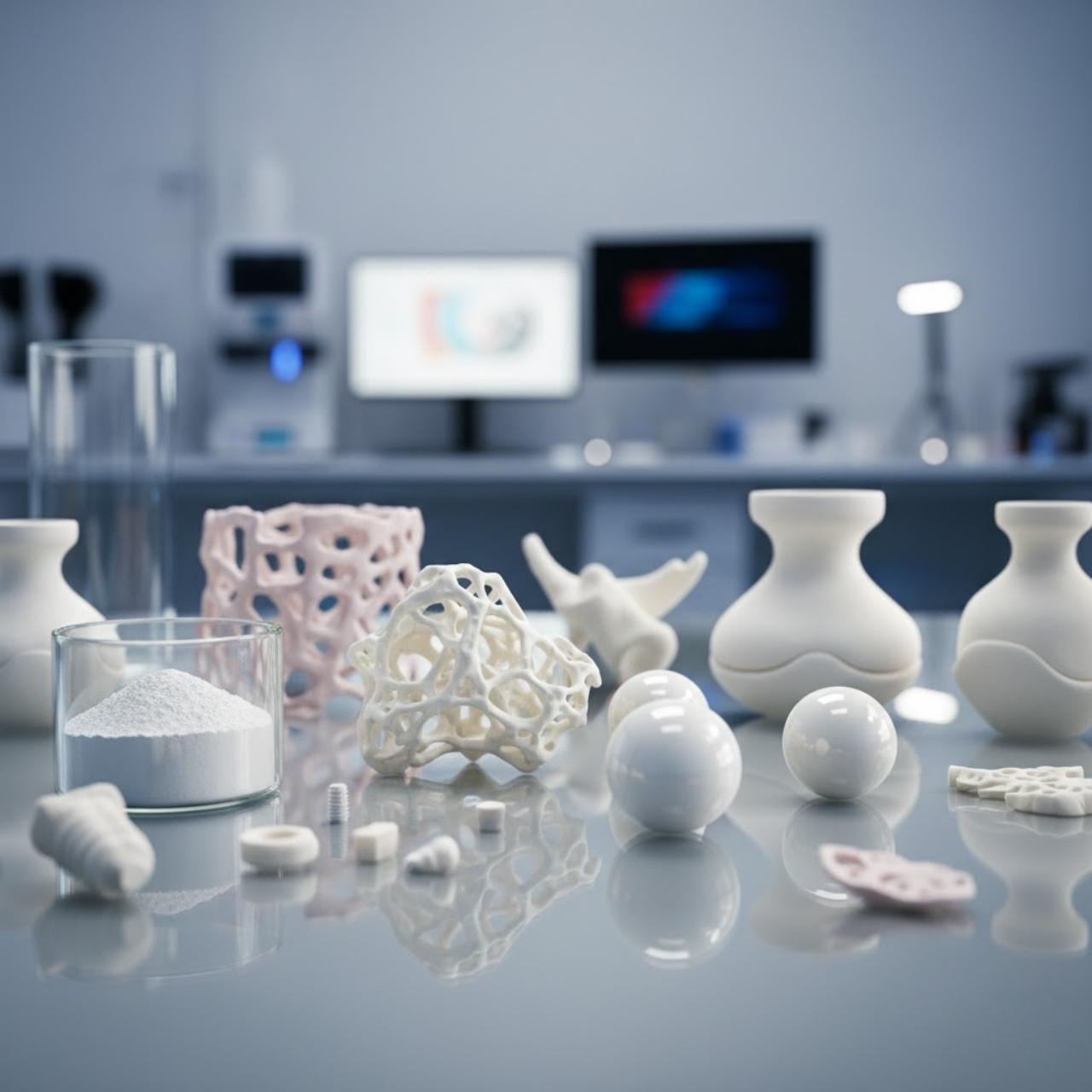
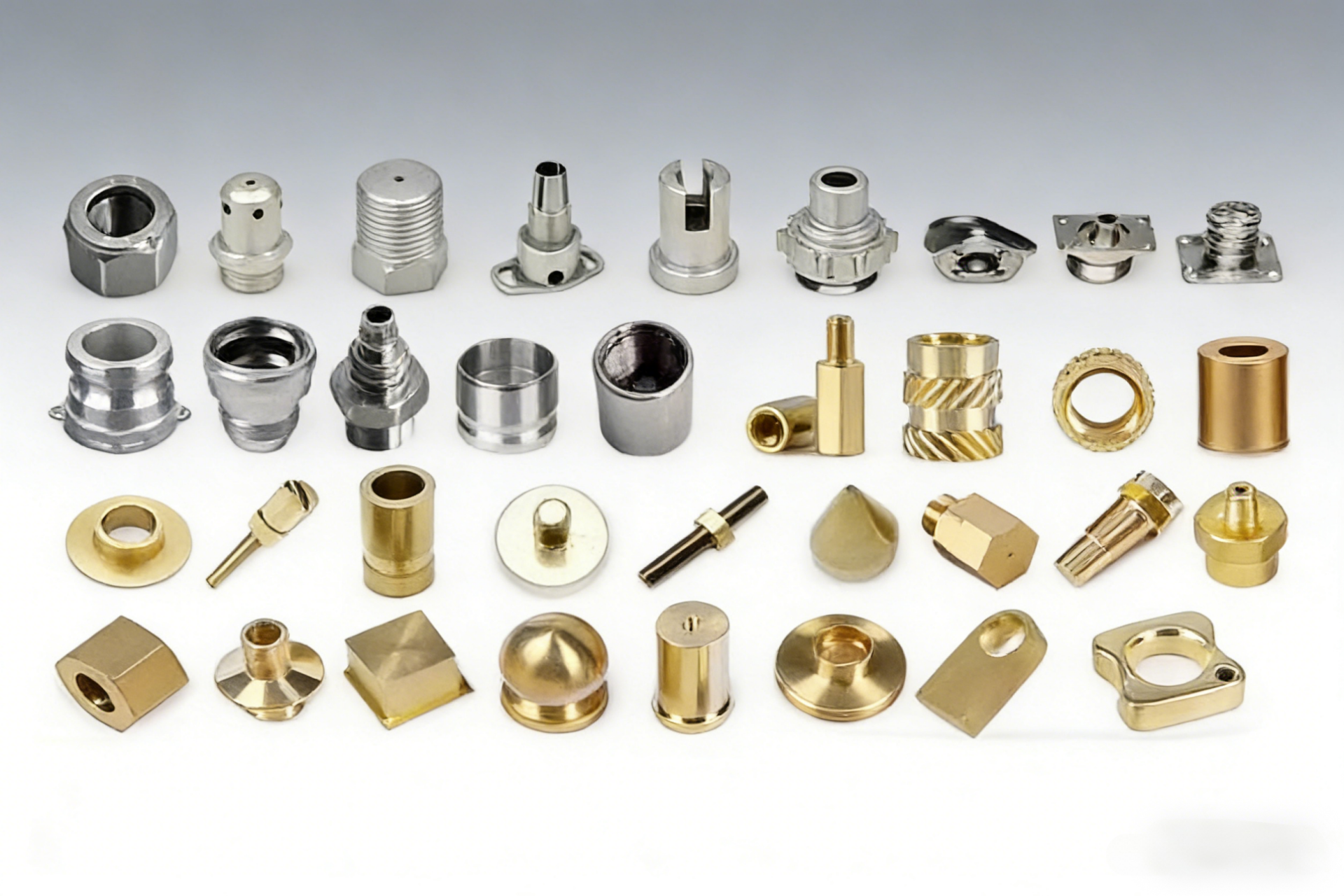
Compartir:
Más que una sonrisa: el papel revolucionario de la cerámica de grado médico en la atención médica moderna
Componentes CIM cerámicos de precisión para dispositivos médicos